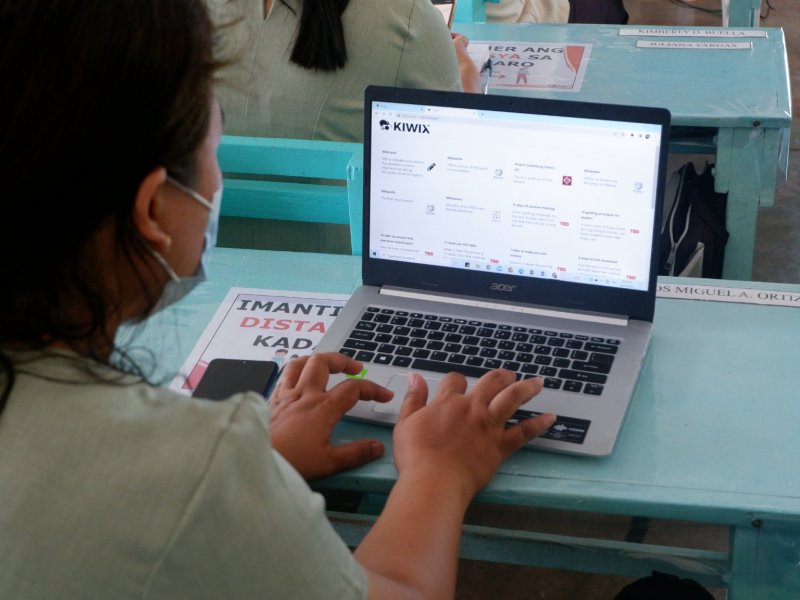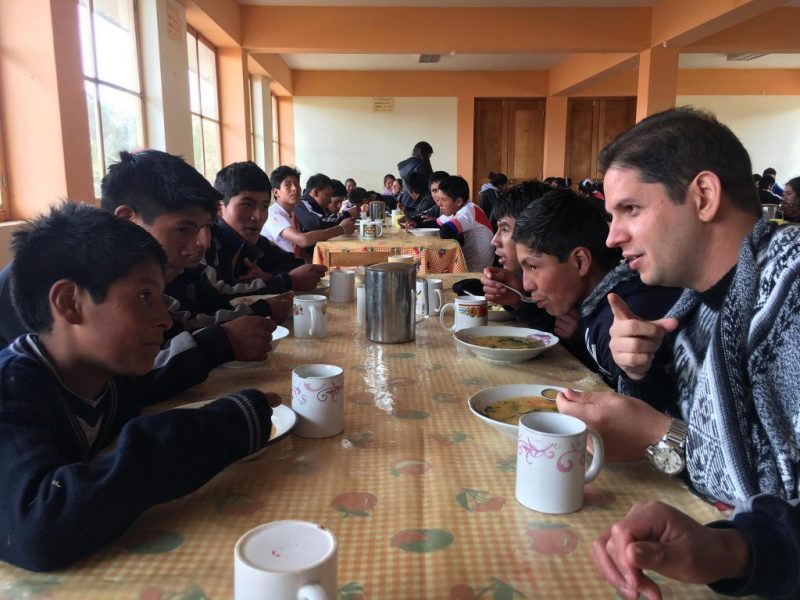In Eritrea or Cuba, people routinely buy Wikipedia for one dollar.[1]
Wait, what? Isn’t Wikipedia free? Of course it is—Wikipedia, in fact, is entirely free and very easy to reach if you are not one of four billion people who still do not have internet connectivity.
If you are, however, having problems to access your favourite encyclopedia, then chances are that you may have to turn to Kiwix, which allows you to access educational content in over 100 languages (like Wikipedia) on any computer or smartphone, without the need for a live internet connection.
Think of it as an offline browser: you download the content of your choice, store it on your phone or computer (or even install it on a private wiki hotspot), and voilà: the look and feel of it is exactly like being on the internet, except that you are not.
Kiwix currently has three to four million users around the world. 80% of these live in emerging countries, such as Mexico, South Africa, India, and even North Korea. Five years from now, we’re planning to reach a hundred million, all of them enjoying the power of free.
While most people in developed countries tend to complain about information overload, half the planet still suffers from a lack of access to the sum of all knowledge. Thanks to Wikimedia editors and donors, we’re reaching out. If you think that Wikipedia has value for you but also for others at the other end of the world, then visit donate.wikimedia.org or support.kiwix.org and help us with our mission.
Stéphane Coillet-Matillon, Kiwix
Video by Kiwix.org/Victor Grigas, CC BY-SA 4.0; other attributions available on Wikimedia Commons.
Footnote
[1] That’s not an insignificant amount of money. In Eritrea, one dollar is more than the minimum wage for an entire day. In Cuba, one dollar is above the average daily salary. In Western parlance, that would mean paying between 60 dollars (US daily minimum wage) to 130 dollars (median US individual income).



